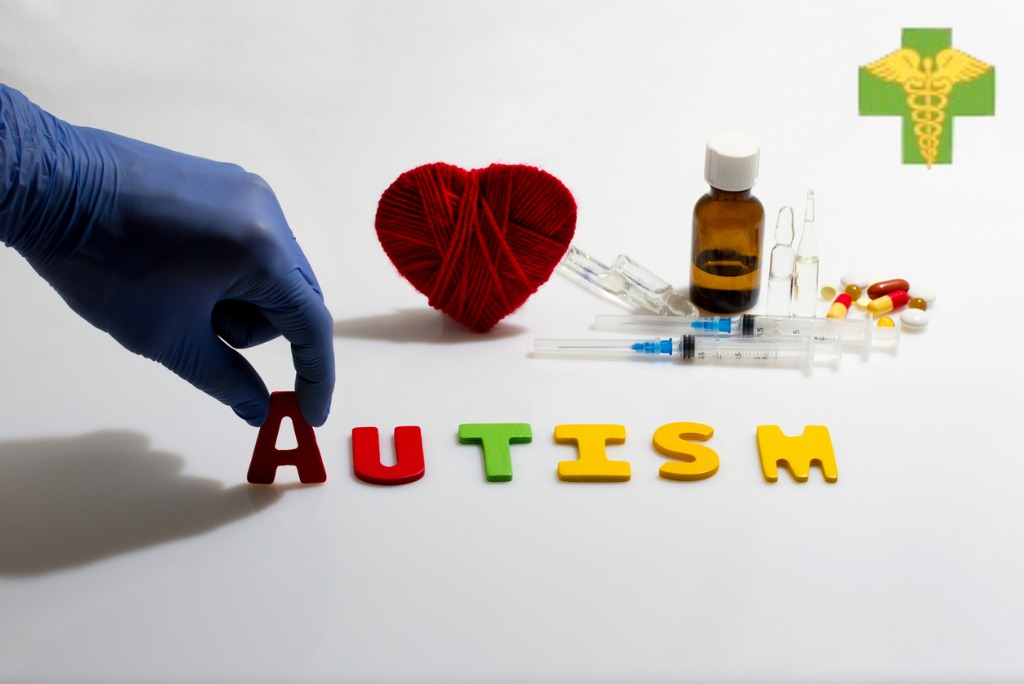Exploring the Therapeutic Benefits of Medical Marijuana for Autism
The conversation around medical marijuana (MMJ) is evolving, and its potential therapeutic benefits for individuals with autism spectrum disorders (ASD) are becoming a significant part of the dialogue. With an increase in both anecdotal and scientific evidence, the role of MMJ in modulating behavioral challenges associated with autism is garnering attention.
Understanding Medical Marijuana for Autism
In 2019, the Colorado General Assembly recognized the potential of medical marijuana by adding autism spectrum disorders to the list of qualifying conditions for its use. This move was a nod to the growing body of research and anecdotal reports suggesting that MMJ could offer relief for some symptoms associated with autism, such as anxiety, sleep disturbances, and specific behavioral challenges.
The Science of Medical Marijuana for Autism
Research points to cannabis as a possible tool for improving the quality of life for those with ASD. Studies have shown that cannabinoids, the active compounds in marijuana, may help regulate mood and improve behavioral issues in some individuals with autism, offering a glimpse of hope for families seeking alternatives.
However, it’s crucial to acknowledge the full spectrum of research. While some studies highlight positive outcomes, others suggest the need for caution, indicating mixed results and calling for more comprehensive research to understand the long-term effects of medical marijuana for autism.
A Personal Decision on Medical Marijuana for Autism
Deciding to use medical marijuana for autism is a deeply personal choice, one that should be made with thorough consideration and professional medical advice. For those considering this path, it’s essential to weigh the potential benefits against the risks and consult healthcare providers that specialize in medical marijuana for autism.
As research continues to unfold, the hope is that more straightforward guidance on the use of medical marijuana for autism will emerge, offering another avenue for therapy and support to those affected by ASD.
Statements made regarding any products have not been evaluated by the Food and Drug Administration. The efficacy of these products has not been confirmed by FDA-approved research. These products are not intended to diagnose, treat, cure, or prevent any disease. Information presented here is not meant as a substitute for or an alternative to information from healthcare practitioners. Please consult your healthcare professional about potential interactions or other possible complications before using any product. The Federal Food, Drug and Cosmetic Act requires this notice.







